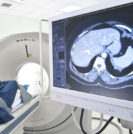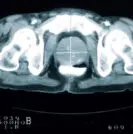Artificial Intelligence in Medicine: Can Artificial Medicine Have True Humanity?

When it comes to making decisions, do you consider yourself a head or heart person? According to a psychology article, “… a heart-based thinking style is intuitive (‘follow your heart’), whereas a head based thinking style is rational (‘use your head’).”[i] Both styles are among the many traits that are part of being a well-rounded keep reading








